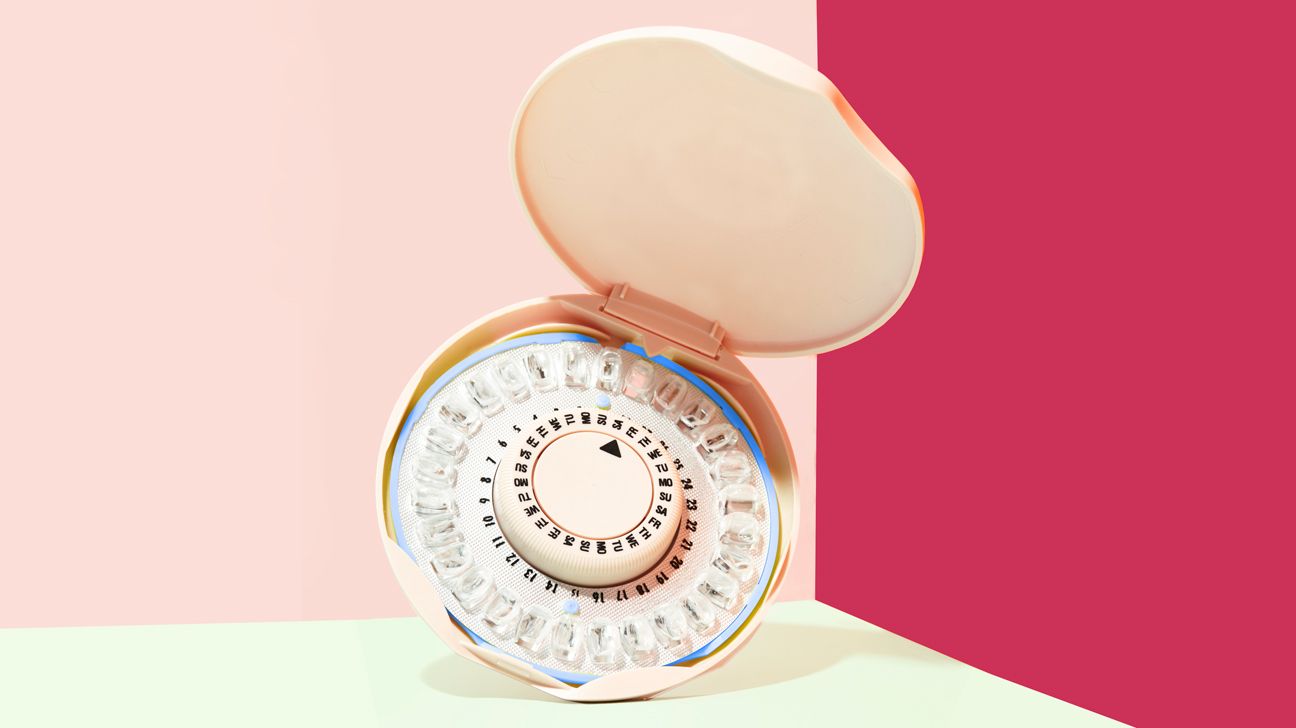Bad news, fam. You know that hormonal birth control can lead to mood changes and weight gain. But it can also cause *gasps* yeast infections. Here’s everything you need to know and how to prevent future infections.
The most popular forms of hormonal birth control are the pill, patch, and vaginal ring. They contain a mix of estrogen and progestin (aka synthetic progesterone). These chemicals can throw off your body’s natural balance of estrogen and progesterone. This can cause yeast overgrowth.
Yeast overgrowth happens when Candida attaches itself to estrogen. This can decrease estrogen and amp up progesterone levels. It’s the perfect playground for Candida and bacteria.
Birth control alone can’t cause a yeast infection. Other factors need to come into play.
Habits that boost your risk
- eating too much sugar (boo)
- not getting enough sleep
- wearing tight, synthetic, or wet clothing
- using a contraceptive sponge
- not changing your pad or tampon as often as you should
- using harsh or irritating products (e.g., soaps, detergents, lubes, or spermicides)
Meds and conditions that can increase risk include:
- stress
- pregnancy
- antibiotics
- weak immune system
- high blood sugar levels
- hormonal changes (e.g., menstruation and menopause)
A variety of over-the-counter (OTC) antifungal creams can treat yeast infection symptoms. Your infection should clear up within 1 to 2 weeks.
Some popular OTC treatments include:
- miconazole (Monistat)
- terconazole (Terazol)
- tioconazole (Vagistat-1)
- butoconazole (Gynazole)
- clotrimazole (Gyne Lotrimin)
You can get OTC antifungal creams in 1-, 3-, and 7-day doses. The 1-day dose has the highest concentration of medication, while the 7-day has the lowest. But they all do the same thing.
PSA: Don’t skimp! Always take the full course of medication, even if you’re feeling better before it’s done.
The 411 on OTC treatments
- Your healing time will remain the same no matter what dosage you choose.
- An infection can take longer to clear up if you have a weakened immune system.
- You should avoid sexual activity during treatment. Sex can aggravate your symptoms. Plus, the creams can deteriorate diaphragms and condoms, increasing the change of pregnancy or risk of sexually transmitted infections.
- Steer clear of tampons until the infection is totally gone.
Call your doc if symptoms last longer than 7 days. They’ll let you know if a prescription-strength antifungal cream or oral fluconazole (Diflucan) is needed.
In rare cases, they may prescribe antibiotics. Antibiotics target both good and bad bacteria. This can throw your system out of whack. That’s why it’s a last resort treatment.
Also call the doc if you:
- have HIV
- have a fever
- have diabetes
- experience abdominal pain
- are pregnant or breastfeeding
- have vaginal discharge that has a strong, unpleasant smell
Every body responds to treatment differently. You should be good to go in a week or so. But sometimes symptoms linger.
If you experience chronic yeast infections, something may be off with your hormones. Your doc can recommend a course of treatment to get your bod back in balance. They may suggest you stop taking hormonal birth control.
Your doctor may also suggest other birth control options. The vaginal ring might be your best bet. It has lower hormone levels compared with other forms of hormonal birth control. This can lower your risk of yeast infections.
You may also vibe with a low-dose oral contraceptive. These include:
- Ortho-Novum
- Levora
- Yasmin
- Lo/Ovral
- Apri
- Levlen 21
- Aviane
- Yaz
You can also try the minipill, which only has progestin. Popular minipills include:
- Camila
- Heather
- Micronor
- Errin
- Nora-BE
- Jolivette
There are lots of other ways to reduce your risk of a Yeasty Boys attack, such as these simple lifestyle changes:
- Be sure to change out your pads and tampons often.
- Wear loose-fitting cotton clothing and undies.
- Keep your blood sugar levels under control.
- Opt for natural soaps and detergents.
- Eat foods that are rich in probiotics.
- Change your underwear on the reg.
- Keep your pelvic region dry.
- Limit your alcohol intake.
- Avoid douching.
Hormonal birth control is great at keeping your eggo from getting preggo. But it can also cause yeast infections. Switching your BC might help. But other simple lifestyle changes can also reduce your risk.
Most OTC treatments will clear things up in a week or two. Call your doctor for other options if the issue becomes chronic.


